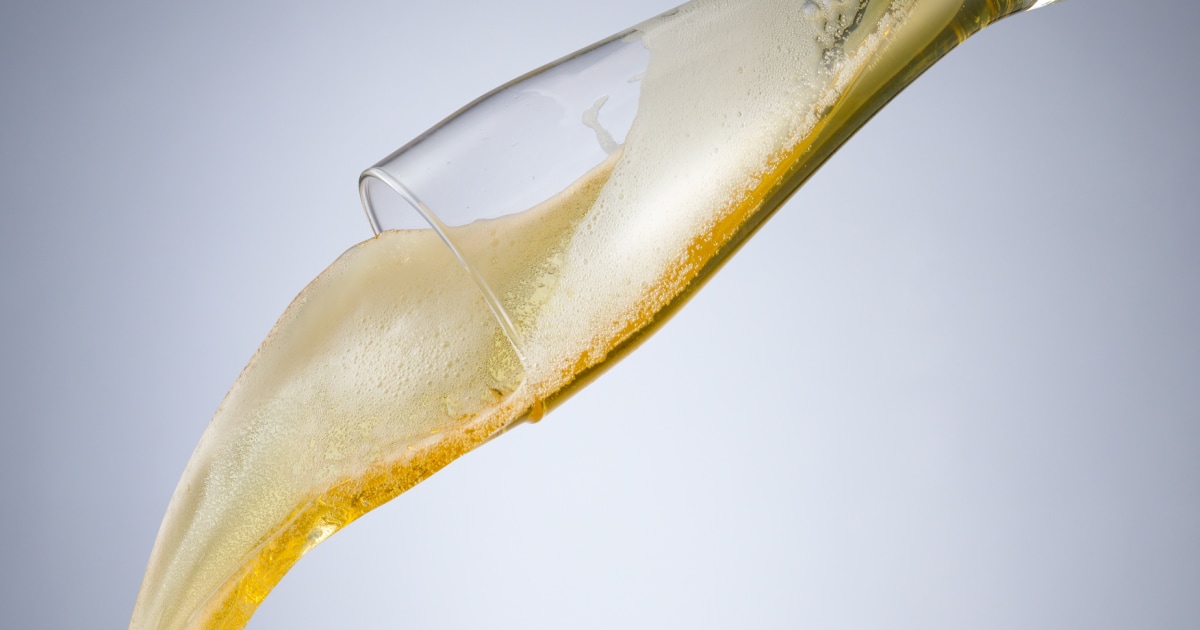This is an automated archive made by the Lemmit Bot.
The original was posted on /r/beer by /u/ethereal3xp on 2023-12-30 22:34:38.
This is the best summary I could come up with:
The past year saw the lowest level of beer consumed in the U.S. in a generation, according to industry group Beer Marketer’s Insights, as consumers shifted away from traditional favorites to other forms of alcohol — and in a growing number of cases, avoiding alcoholic beverages altogether.
But while the Bud Light-maker caught headlines over a sponsorship agreement with transgender influencer Dylan Mulvaney that subsequently led to a boycott among some longtime drinkers, the protest does not explain why overall consumption still managed to fall, Steinman said.
Anheuser Busch, owned by global conglomerate AB InBev, also suffered from a decline in hard seltzers — a category in which it has long dominated.
“For example, some of the world’s largest soft drink and energy companies introduced sugar-forward alcohol beverages to the market, all of which are vying for the same consumer occasions as traditional malt- and hop-forward products,” he said in an email.
Yet even as overall volume consumption declined, the largest beer makers remain financially resilient thanks to prices that climbed alongside — or even surpassed — broader inflation, Steinman said.
“The U.S. beer industry had a wild ride in 2023 against the backdrop of an expanding economy that created more jobs and wage gains for many people, as well as an oversupplied alcohol marketplace that saw a rapid influx of new products,” Jones said.
The original article contains 426 words, the summary contains 224 words. Saved 47%. I’m a bot and I’m open source!



